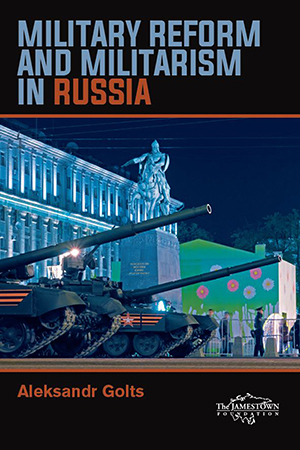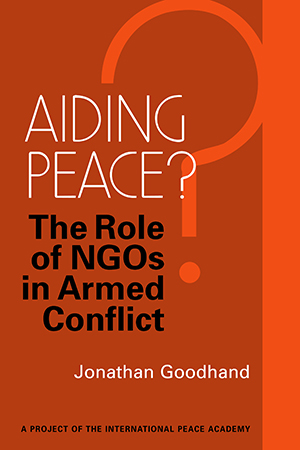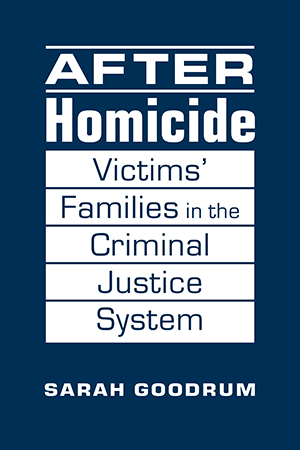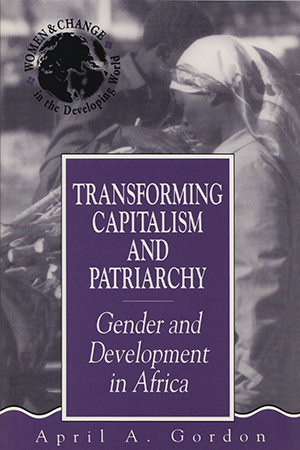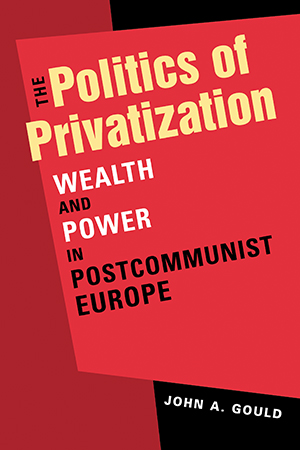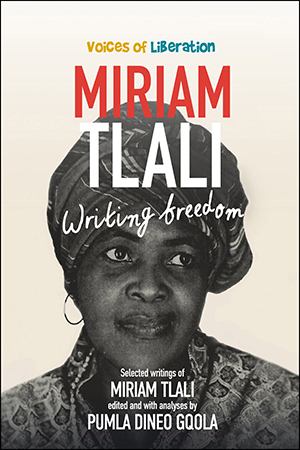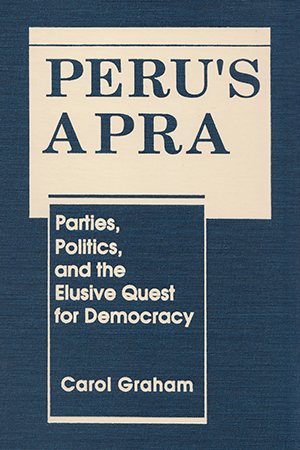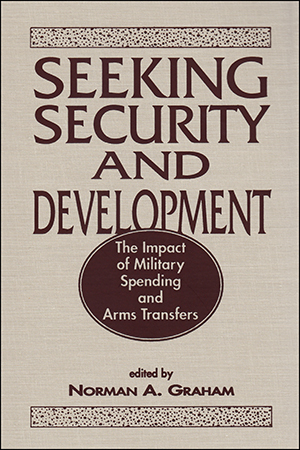BOOKS
Aleksandr Golts traces the evolution of the Russian military, from the collapse of the Soviet Union to the incursions in eastern Ukraine in 2014–2017. Golts also sheds light on the More >
As nongovernmental organizations play a growing role in the international response to armed conflict—tasked with mitigating the effects of war and helping to end the More >
Transnational corporations, today's giant firms, have assets in virtually all of the world's developing nations, yet these assets account for only a small share o the firms' More >
In After Homicide, Sarah Goodrum examines the experiences of the families of murder victims as they encounter detectives, prosecutors, counselors, and others in the criminal justice More >
Using insights from feminist theory and political economy, Gordon examines the implications for women of current economic and political reform efforts in Africa. Much of the work on women More >
In this remarkable story of postcommunist politics gone wrong, John Gould explores privatization’s role in the scramble for wealth and power in postcommunist Europe. Gould engages More >
The first black woman in South Africa to publish a novel, Miriam Tlali (1933-2017) was also an internationally acclaimed playwright, author of short stories, essayist, and not least, More >
When Peru's APRA—one of the oldest and most controversial political parties in Latin America—came to power in 1985, expectations were high for the new government, in part More >
Do military expenditures retard economic growth and development, enhance the development process, or neither? How effective are military and military-dominated regimes in promoting economic More >



